Glorious day :) finally made a good Col,Com and Cot setup and i can have some fun now with stabilized miniplanes! No wing parts visible, that will be something for me to learn some custom moving parts for later models...
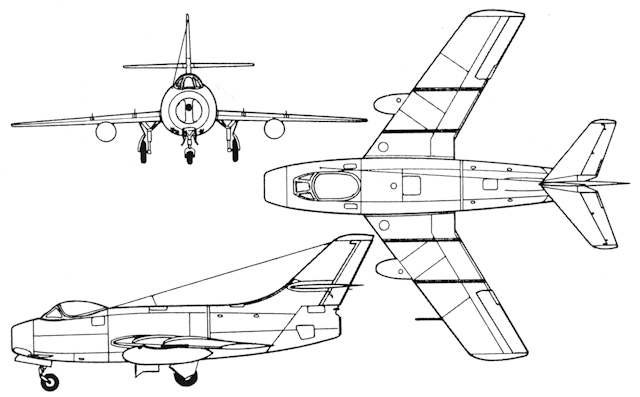
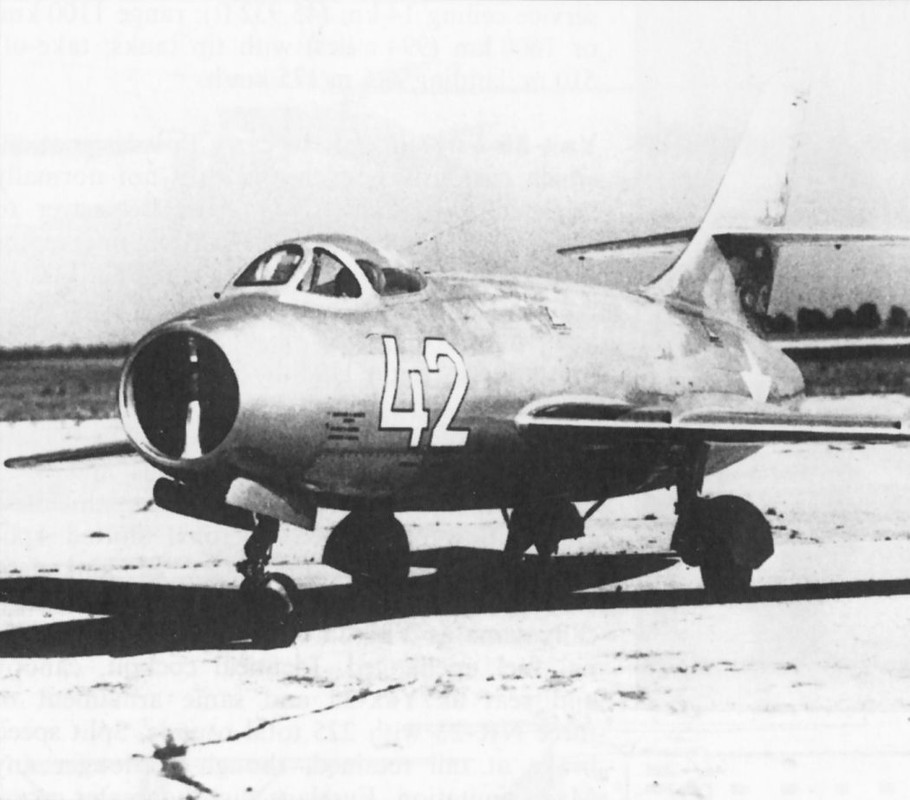
From Wikipedia, the free encyclopedia:
The Yakovlev Yak-30 was an experimental Soviet interceptor from the late 1940s. Derived from the Yak-25, from which it differed primarily in having wings sweptback 35° at quarter chord, the Yak-30 retained the fuselage, tail surfaces and undercarriage of the earlier fighter fundamentally unchanged.
History
The Yak-30 was designed to meet a Soviet requirement for a fighter capable of Mach 0.9, and able to operate from existing unpaved airstrips. To meet this request required a sweptback wing. Yakolev based their design on the existing Yak-25 experimental fighter, but incorporated a modified wing with a sweep of 35 degrees.
Development
The Yak-30 was to be very similar to the former Yak-25, with only a few changes. The fuselage was that of the Yak-25 but with a circular cross-section. The tail was as on the Yak-25 but with a one-piece rudder, and slightly enlarged horizontal surfaces. The three NR-23 cannon armament was retained, and the cockpit layout was unchanged. The wingtip tanks could not be used, as they moved the aircraft's center of gravity too far forward, so they were redesigned to fit flush under the wing, midway from the fuselage. The aircraft was powered by a 1,590 kgf (3,505 lbf) RD-500 turbojet.
Testing
The first of two Yak-30 prototypes was given callsign "42", and the number "5" painted on the rudder. This aircraft was successfully test-flown on 4 September 1948 by pilot Anokhin, who continued test-flying the aircraft until 16 December 1948.
The second prototype, the Yak-30D, which joined the flight test programme early in 1949, had a 38 cm (15 in) section inserted in the aft fuselage, revised mainwheel doors forming a large section of the fuselage skinning, Fowler-type flaps in place of split flaps, increased fuel and ammunition capacity, and changes to the oxygen system and radio equipment. The Yak-30D was also fitted with air brakes on the aft fuselage. Normal loaded weight (without external fuel) was increased by 110 kg (243 lb).
During testing, it reached a speed of Mach 0.935 in a dive. Compared to the Yak-25, top speed was increased by 40 km/h (25 mph) and service ceiling was increased by 1,000 m (3,281 ft). However, the swept wing was found to be unsatisfactory with poor aileron authority.
Although the modifications introduced by the Yak-30D eradicated several shortcomings displayed by the first prototype, the first production deliveries of the superior MiG-15 were already taking place by the time that the improved version of the Yakovlev fighter entered flight test, and the results of NII V-VS trials were, therefore, little more than academic. The Yak-30 designation was later reused for the Yakovlev Yak-30 (1960).
Specifications
General Characteristics
- Successors 1 airplane(s)
- Created On Windows
- Wingspan 25.3ft (7.7m)
- Length 22.9ft (7.0m)
- Height 13.1ft (4.0m)
- Empty Weight 9,999lbs (4,535kg)
- Loaded Weight 23,361lbs (10,596kg)
Performance
- Power/Weight Ratio 3.366
- Wing Loading 27.5lbs/ft2 (134.2kg/m2)
- Wing Area 849.7ft2 (78.9m2)
- Drag Points 6318
Parts
- Number of Parts 205
- Control Surfaces 5
- Performance Cost 659

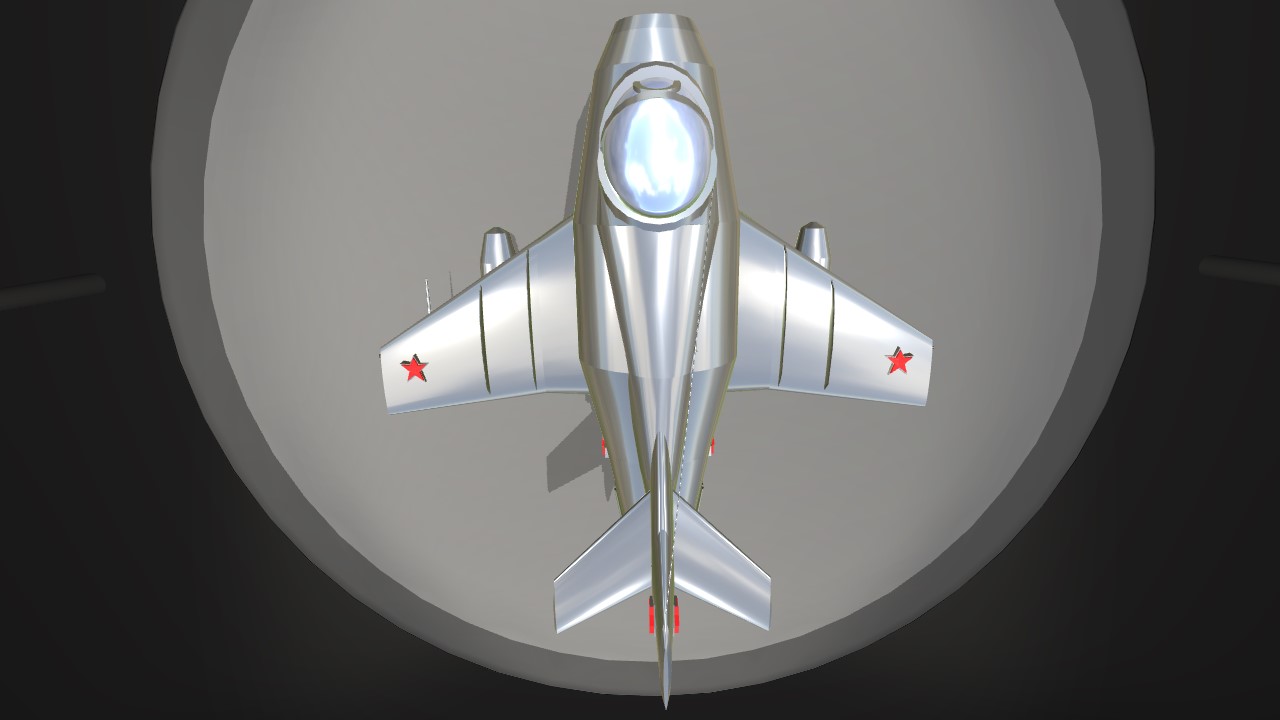
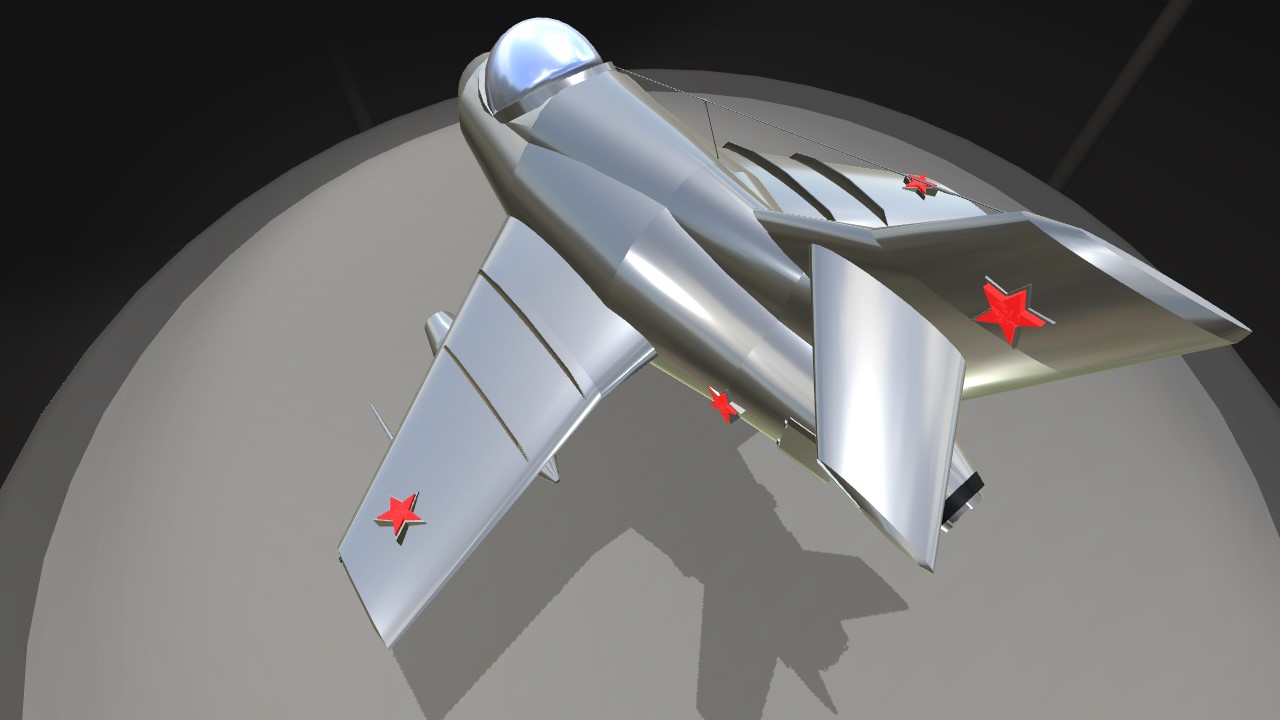
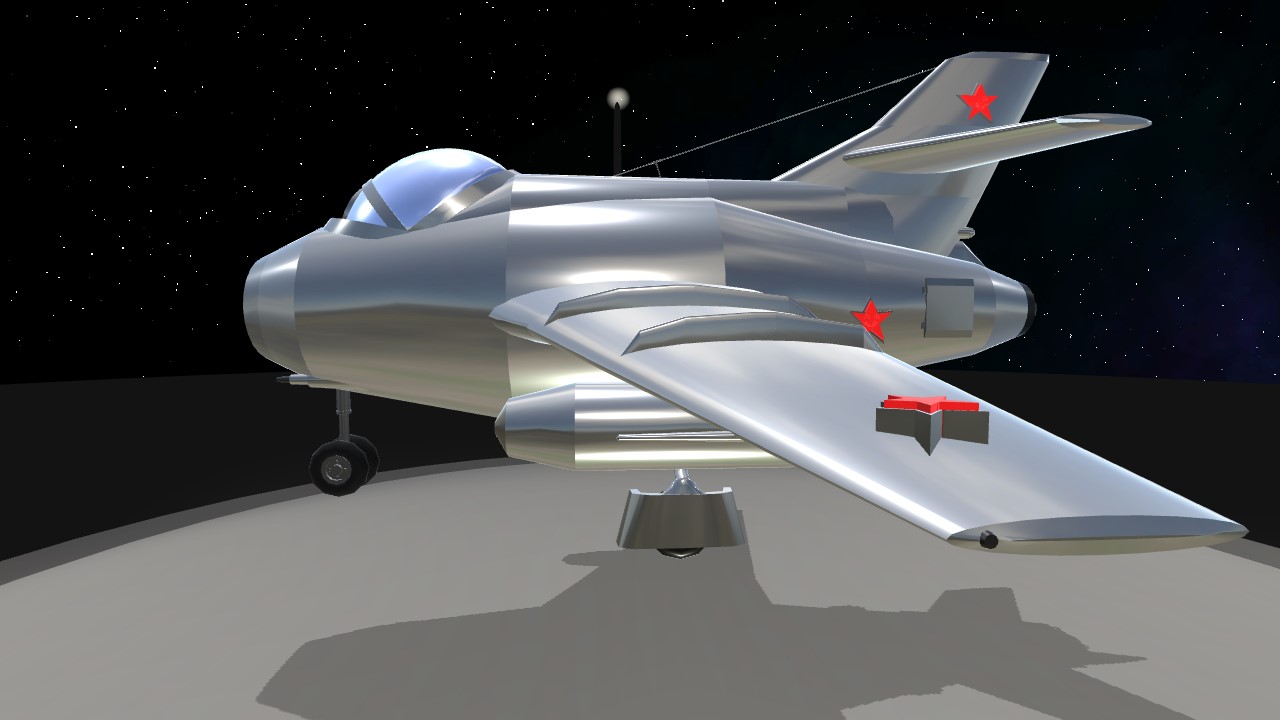
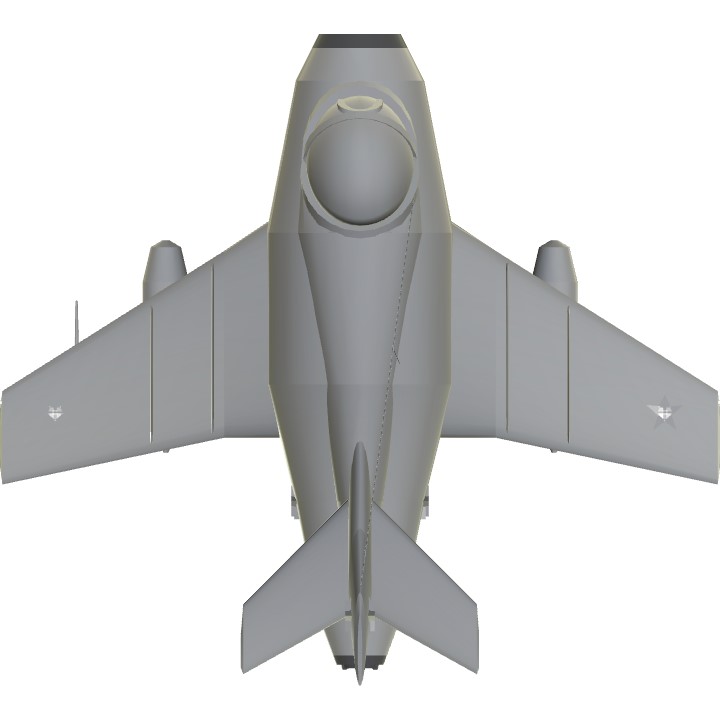
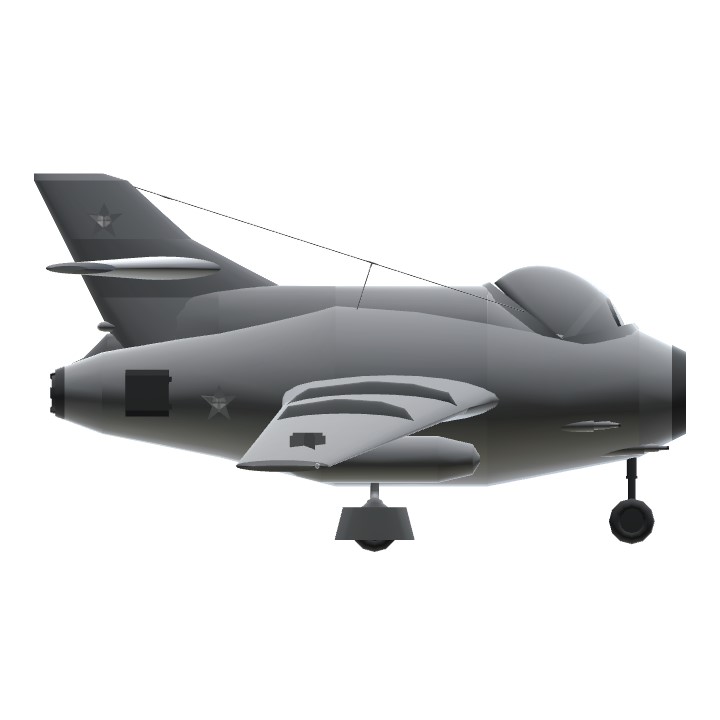
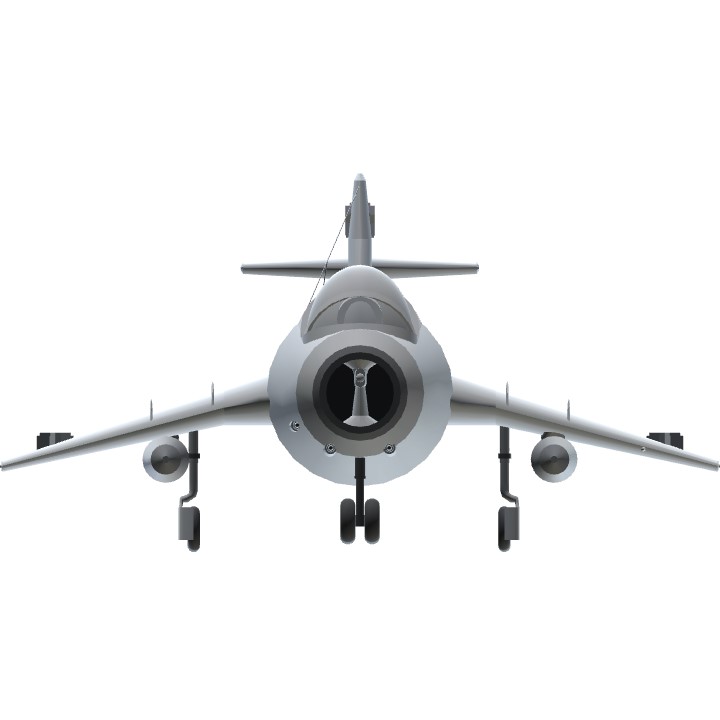
This dude look dehydrated lol
plays Soviet national anthem FEEEEEL THE BIASSSS
@ThomasRoderick again, thanks for upvoting my bird!
@micheruru Thanks :) more are coming!
@Trainzo @LOWEWAYY Thanks guys :)
Very nice job . A nice egg without omelet .
That very Bias and cute